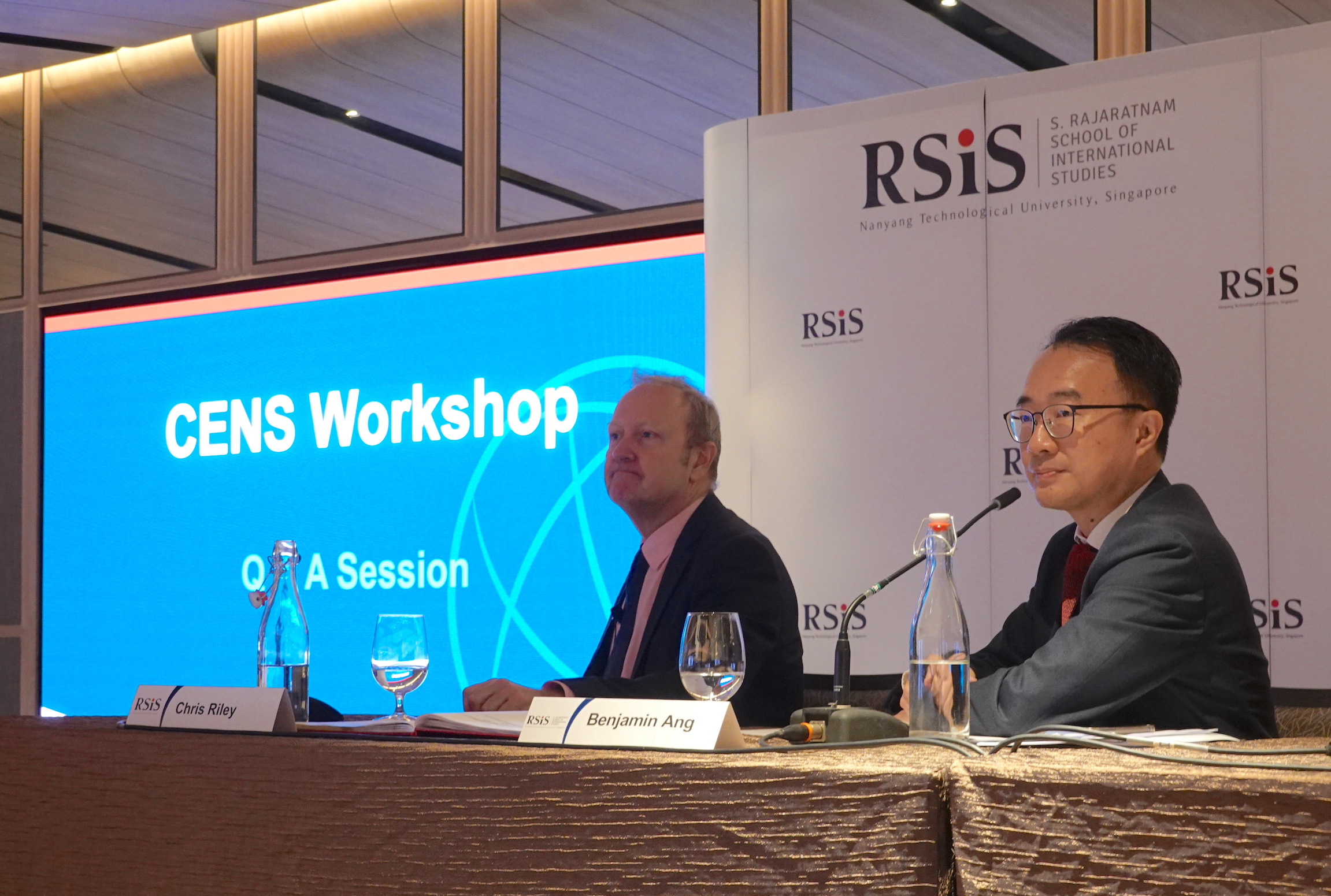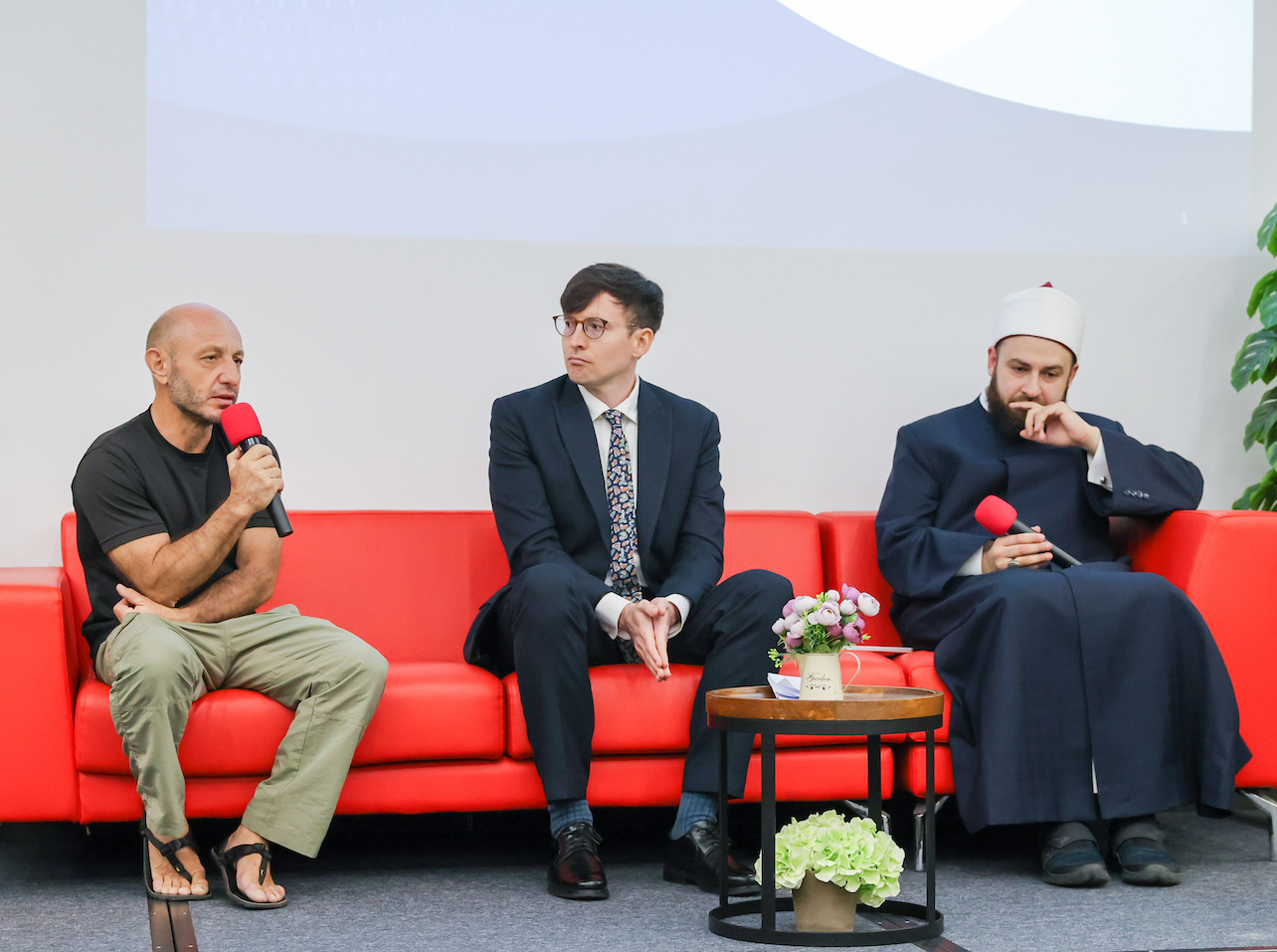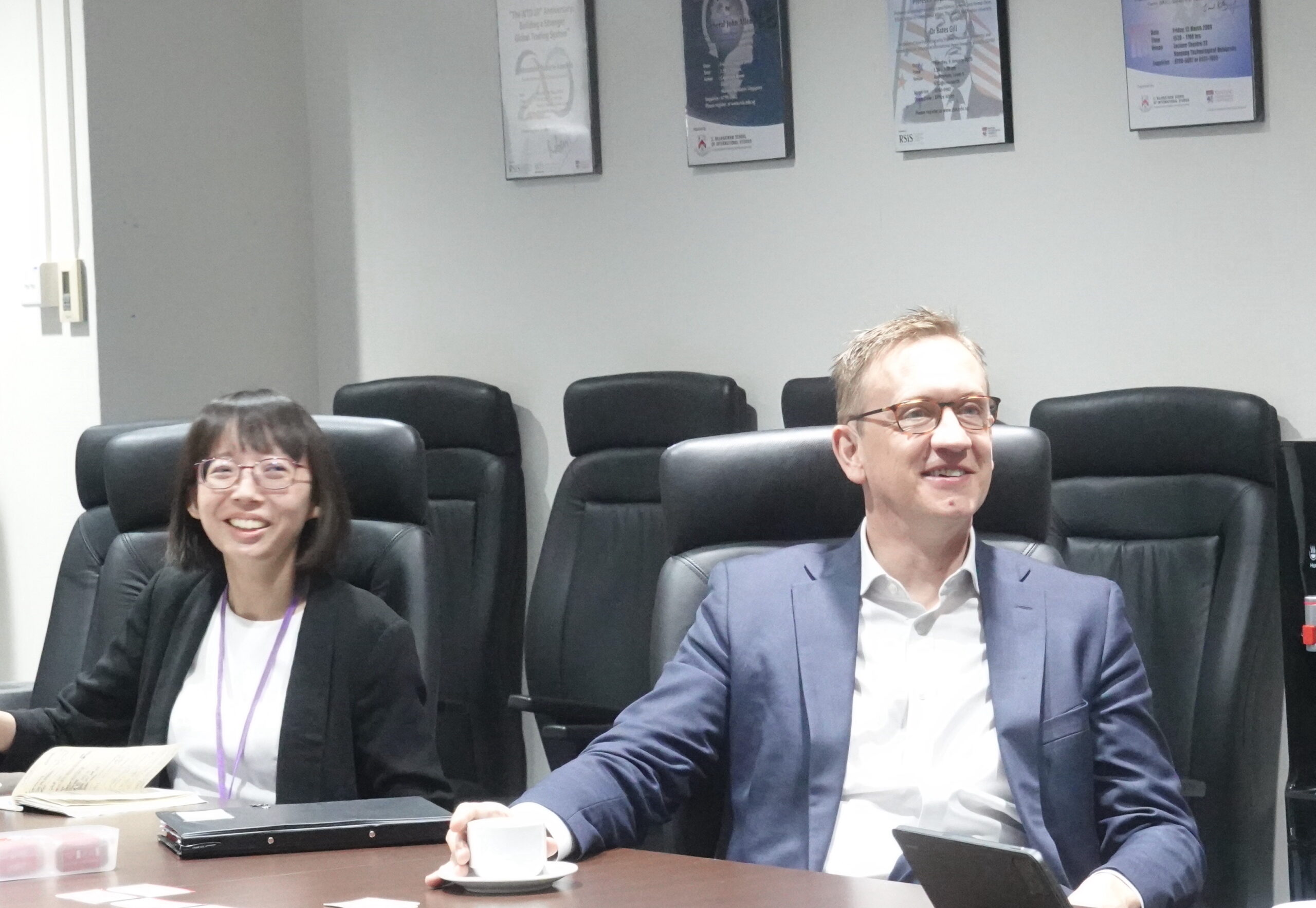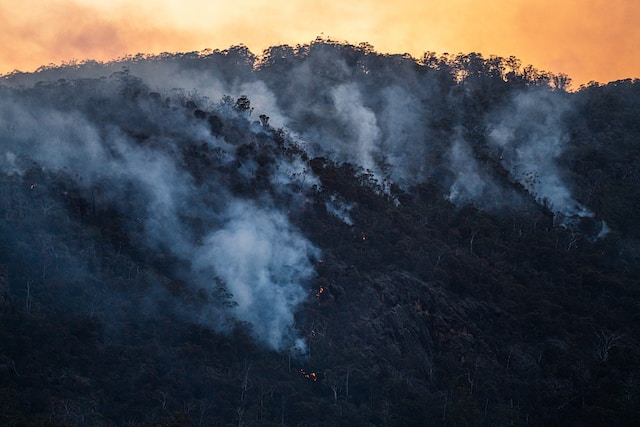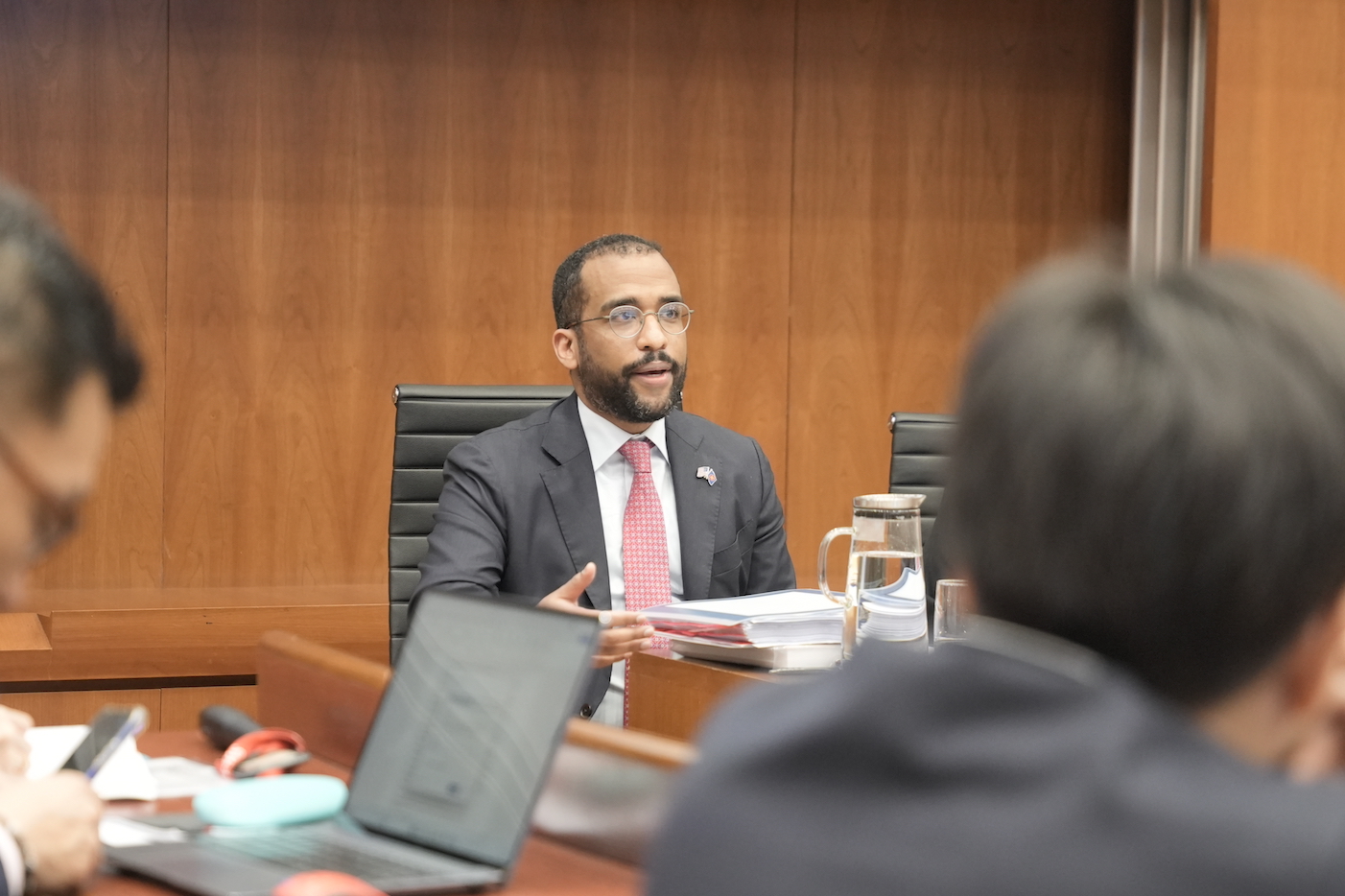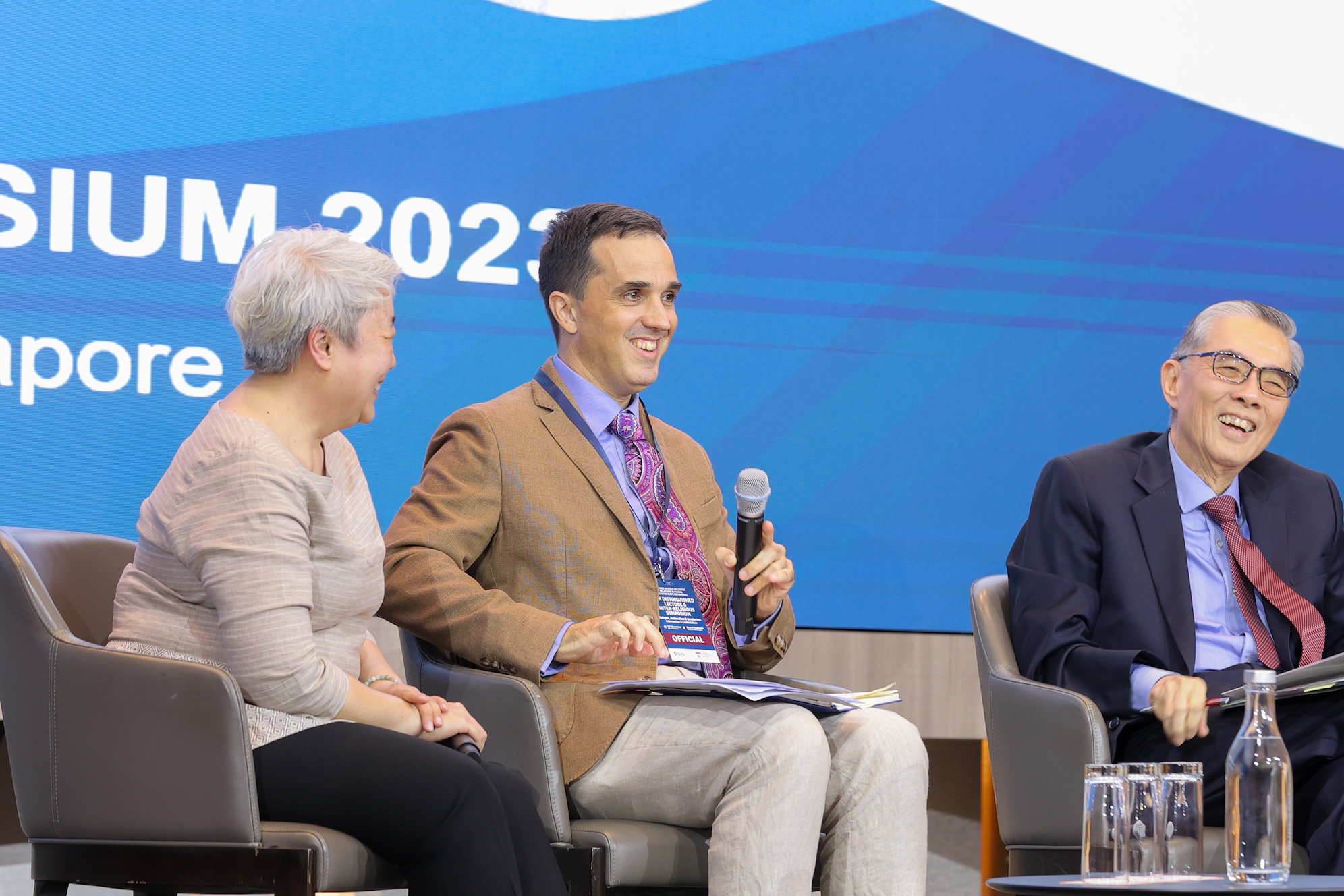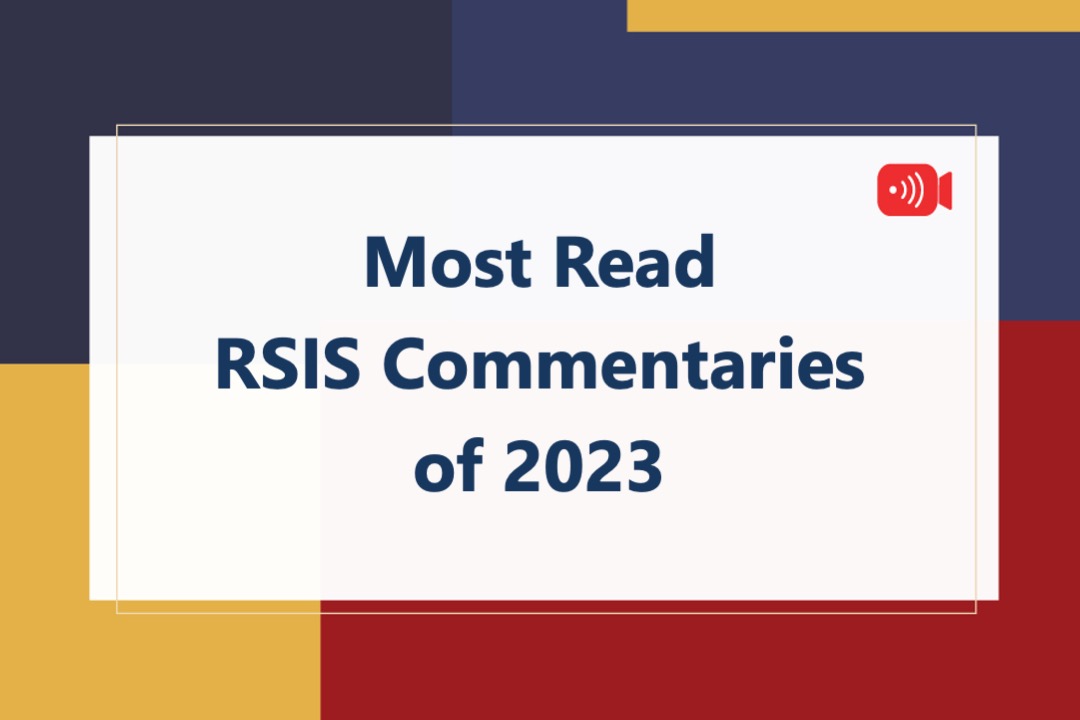
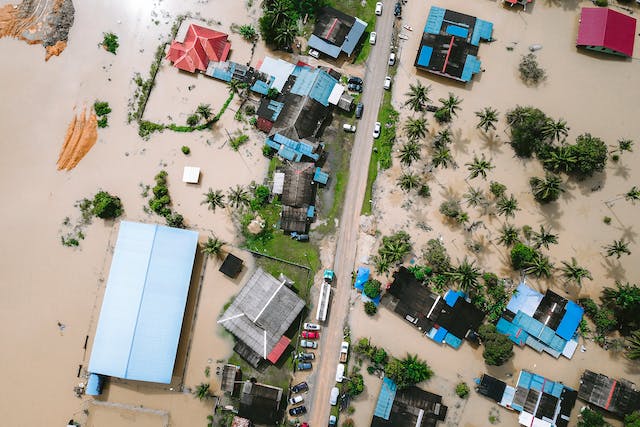
The RSIS Webinar on “Is Malaysia Ready for its Next Major Flood? History, Politics, and Policy Challenges in Flood Governance”, co-organised by the Malaysia Programme of the Institute of Defence and Strategic Studies (IDSS) and the Humanitarian Assistance and Disaster Relief (HADR) Programme of the Centre for Non-Traditional Security Studies (NTS Centre), was held on 16 November 2023.
Dr Alistair D. B. Cook, the Coordinator of the HADR Programme, opened the event by underscoring the timeliness of discussing climate change and disaster management in Malaysia. He highlighted the “Great Flood” in 1926 and the major floods of 2014 and 2021 as pivotal events which served as crucial reference points for the subsequent discussions.
The webinar featured a distinguished panel of experts, with Associate Professor Fiona Claire Williamson of Singapore Management University delivering a presentation about “Historical Perspectives on Malaysia flooding”. Dr Williamson shed light on the parallelism of historical and contemporary issues concerning floods emphasising the value of drawing insights from past events for future planning. Mr Said Alhudzari a Malaysian humanitarian and development practitioner provided a humanitarian community-oriented perspective discussing the impact of floods, the management strategies, and the necessity for a whole-of-society approach in Malaysia. Lastly, Professor Ong Kian-Ming of Taylor’s University Malaysia and Digital Economy and Business Transformation Impact Lab shared his diverse experiences with flood management, drawing on his background as a former Member of Parliament and involvement in relief and rescue efforts. His insights highlighted the pivotal role of infrastructure development for mitigation, information sharing, and early warning systems in flood management. He also presented on the potential repercussions of upstream development (land use change and conversion) to downstream environments e.g., silting, that increases river flow velocity and decreases river depth resulting in flooding even with less rainfall.
The webinar also featured a discussion initiated by Dr Cook and Ms Ariel Tan, Coordinator of the Malaysia Programme. Dr Cook’s discussions centred on the persistent challenges derived from historical cases that continue to manifest in current flood management practices and flood events. Further, the imperative of translating effective practices from the humanitarian sector into government-led responses and an exploration of the reasons why flood management despite its significant impact on a considerable portion of the Malaysian population, does not garner stronger attention. Ms Tan on the other end, delved into aspects such as whether there was a sense of responsibility by elements in the traditional feudal system during the Malaysian colonial era, the role and thinking of present-day political parties during flood events, and the potential pressures that could be applied to prompt action on flood management issues. This exploration by the panel provided an understanding of the complexities surrounding flood management in Malaysia.
The programme concluded with the consensus of the imperative roles of a whole-of-society and a whole-of-government approach in addressing the challenges posed by floods. The webinar served as a platform for the panel of experts to analyse the historical and contemporary government and societal responses to extreme weather events in Malaysia, and what they tell us about Malaysia’s environmental and political landscape.




